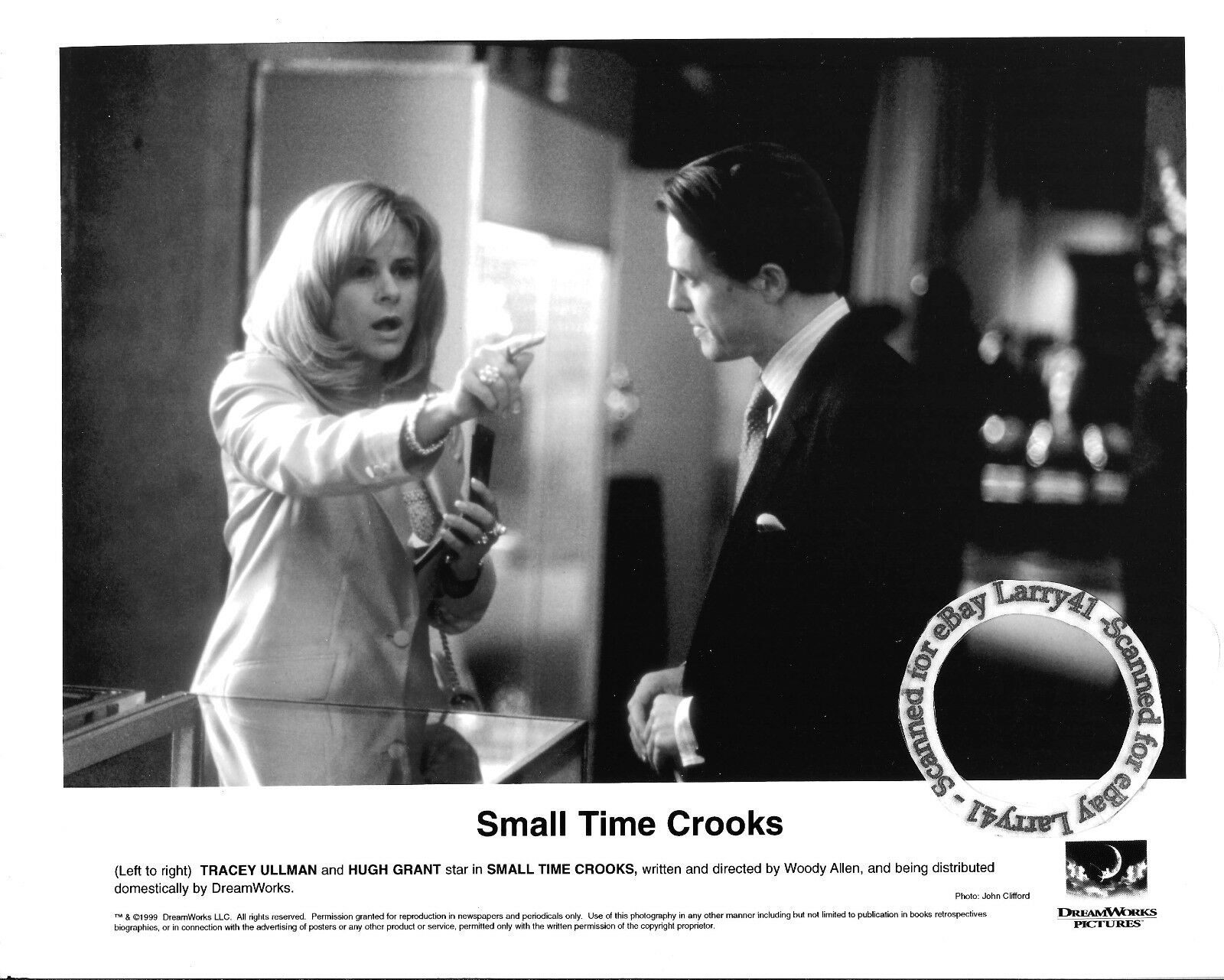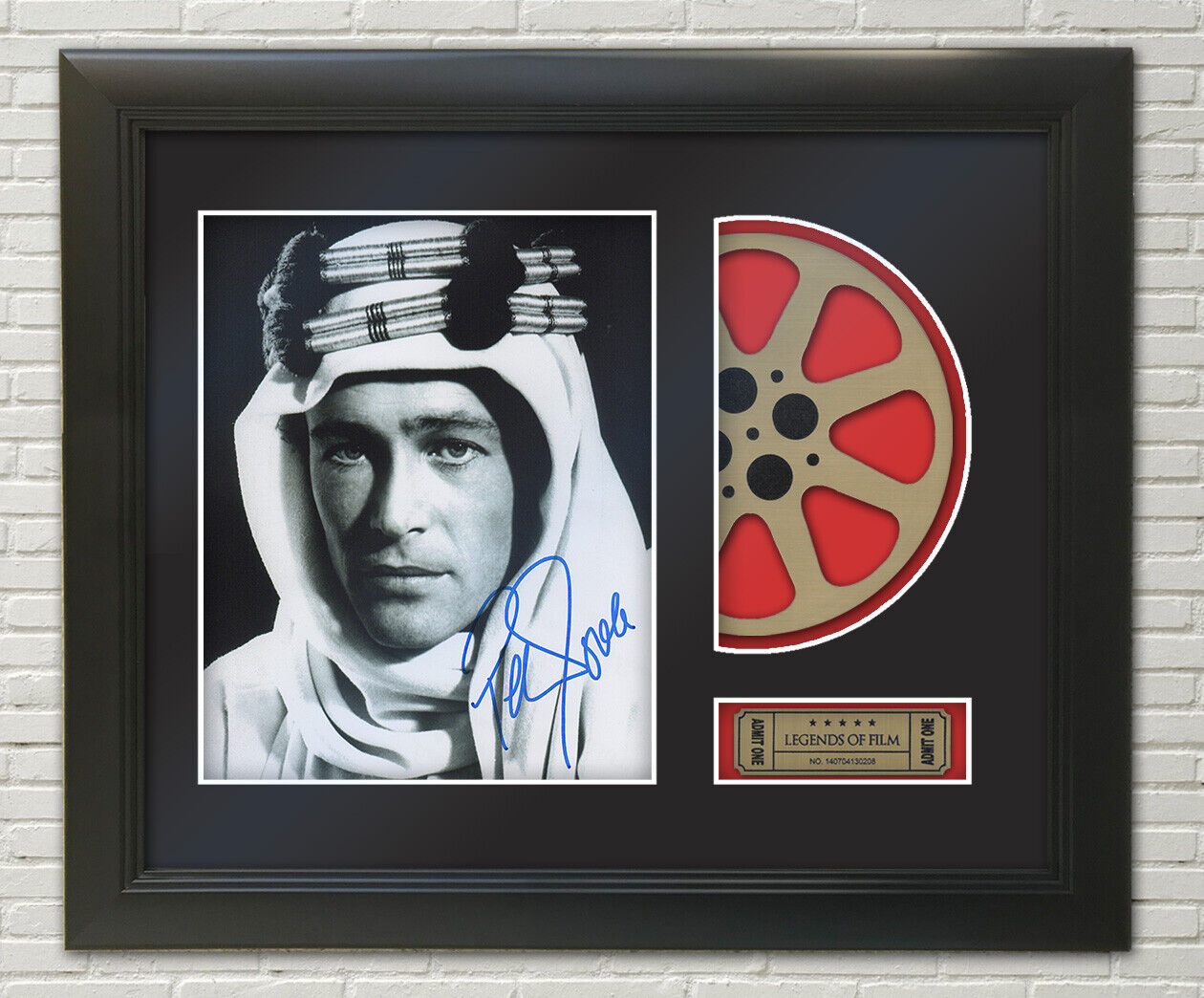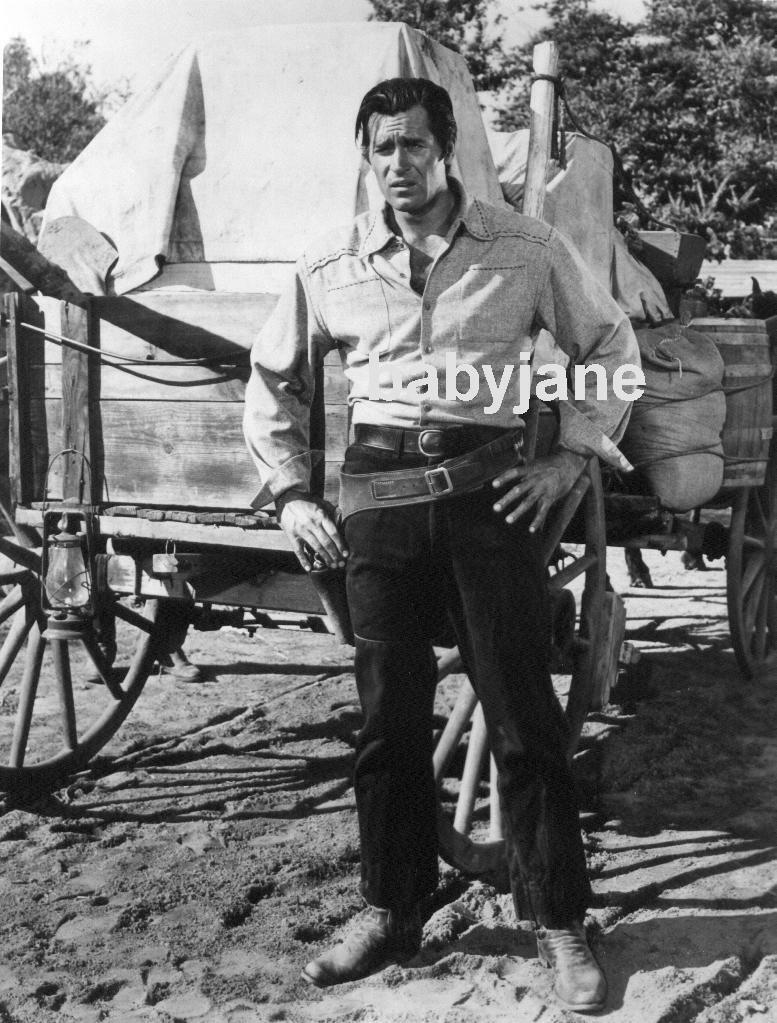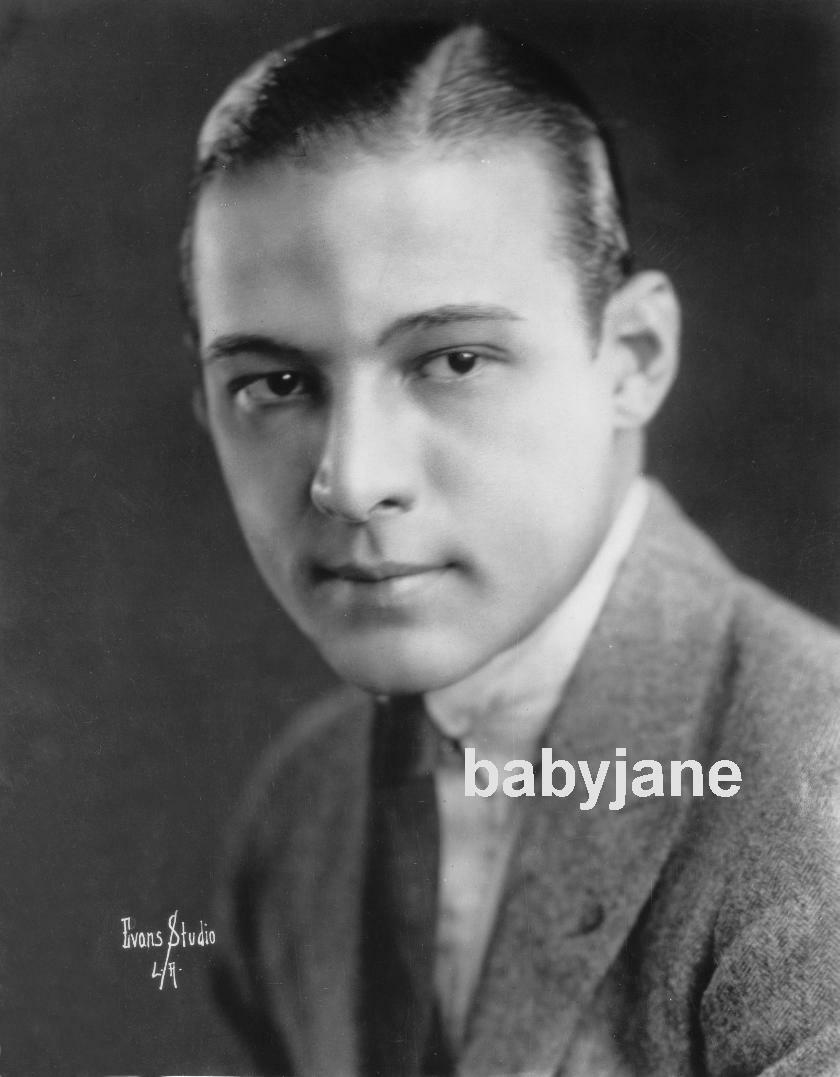-40%
LOT of 3a, Woody Allen, Tracey Ullman, Hugh Grant stills SMALL TIME CROOKS (2000
$ 4.21
- Description
- Size Guide
Description
(They ALL look MUCH better than these pictures above. The circle with the words, “scanned for eBay, Larry41” does not appear on the actual photograph. I just placed them on this listing to protect this high quality image from being bootlegged.)LOT of 3a, Woody Allen, Tracey Ullman, Hugh Grant stills SMALL TIME CROOKS (2000) Elaine May, Jon Lovitz, Michael Rapaport, Elaine Stritch - GET SIGNED, scarce studio vintage originals – GET SIGNED!
This lot of 8” x 10” photos will sell as a group. The first picture is just of the group, please open and look at each still in this lot to measure the high value of all of them together. They would look great framed on display in your home theater or to add to your portfolio or scrapbook! Some dealers by my lots to break up and sell separately at classic film conventions at much higher prices than my low minimum. A worthy investment for gift giving too!
PLEASE BE PATIENT WHILE ALL PICTURES LOAD
After checking out this item please look at my other unique silent motion picture memorabilia and Hollywood film collectibles! WIN MULITPULE AUCTONS AND SAVE ON SHIPPING COST AND SAVE $
See a gallery of pictures of my other auctions
HERE!
These photographs are original photo chemical created pictures (vintage, from original Hollywood studio release) and not a copies or reproductions.
DESCRIPTION:
Thirty-one years after Take the Money and Run, Woody Allen returns to a life of crime in this broad comedy. Allen plays Ray Winkler, a low-brow con man who is married to Frenchy (Tracy Ullman), a former stripper. Ray and his buddies concoct a scheme to rob a bank by digging a tunnel from a defunct pizza place next door; as a cover, Frenchy opens a cookie shop in the storefront while Ray and company dig in the back. Ray's burglary is a failure, but Frenchy's cookies are a rousing success, and within a year the store has spawned a nationwide franchise that makes the Winklers rich. However, while Ray wants to move to Miami and bask in the sun, nouveau riche Frenchy now aspires to join high society, with posh art dealer David (Hugh Grant) as her guide. Written and directed by Allen and shot in New York City, Small Time Crooks features one of Allen's trademark strong supporting casts, including Michael Rapaport, Elaine Stritch, Jon Lovitz, and Elaine May.
CONDITION:
These quality vintage and original release stills are in Near MINT condition (old yes, but almost flawless). I doubt there are better condition stills on this title anywhere! Finally, they are not digital or repros. (They came from the studio to the theater during the year of release and then went into storage where the collector I bought them from kept them for over 14 years!) They are worth each but since I have recently acquired two huge collections from life long movie buffs who collected for decades… I need to offer these choice items for sale on a first come, first service basis to the highest bidder.
SHIPPING:
Domestic shipping would be FIRST CLASS and well packed in plastic, with several layers of cardboard support/protection and delivery tracking. International shipping depends on the location, and the package would weigh close to a pound with even more extra ridge packing.
PAYMENTS:
Please pay PayPal! All of my items are unconditionally guaranteed. E-mail me with any questions you may have. This is Larry41, wishing you great movie memories and good luck…
BACKGROUND:
A return to outright comedy, Woody Allen's Small Time Crooks might be more welcome were it considerably funnier. After assembling an expert cast and unspooling a "hapless criminals" set-up already well-tested by other films (including Allen's proper directorial debut, 1969's Take the Money and Run), Allen lets the film languish thanks to lazily delivered jokes and slack direction. An endless rooftop argument between Allen and Ullman, for instance, seems to exist only for the sake of a remarkable, but irrelevant shot of a sunset. (As if to remind viewers to be impressed, when their characters later open a bakery, it's called "Sunset.") Michael Rappaport and Jon Lovitz manage some nice moments, but when they vanish, so does the film's energy. A trailer's worth of good gags does not a feature-length comedy make, and almost as if realizing this too late, the film's second half demands audiences to care about its none-too-affectionately rendered, one-dimensional characters, almost as desperate afterthought. The pairing of Allen and Elaine May, however, proves intriguing enough to demand a return engagement in a better film.
Actor, director, screenwriter, and playwright Woody Allen redefined film comedy during the 1970s, bringing a new measure of sophistication and personal complexity to the form. Drawing universal insight from the traditions of Yiddish humor, Allen established himself both as a comic Everyman and one of American filmmaking's true auteurs, writing and directing features which broke with established narrative conventions and infused the screen-comedy form with unprecedented substance and depth. Born Allen Stewart Konigsberg in Brooklyn, NY, on December 1, 1935, he adopted his stage name at the age of 17, and in 1953 enrolled in New York University's film program, quickly failing the course "Motion Picture Production" and soon dropping out of school to begin writing for comedian David Alber for the sum of 20 dollars a week. Two years later, Allen graduated to writing for television, working on the staff of the legendary Your Show of Shows, as well as penning material for Pat Boone. During his five-year tenure in television, his efforts won him an Emmy nomination, but like Mel Brooks, Allen found his writing career stifling, and he eventually decided to try his hand as a standup performer. After slowly gaining a reputation on the New York-club circuit, he became a frequent talk show guest and in 1964 issued his self-titled debut comedy LP. In 1965, Allen made his film debut, writing and starring in the Clive Donner farce What's New, Pussycat?; he also continued his standup career, but his interest in live performance was clearly waning. With 1966's What's Up, Tiger Lily?, a puckish re-tooling of a Japanese spy thriller complete with his own story line and dubbed English dialogue, he made his directorial debut. After appearing in the 1967 James Bond spoof Casino Royale, his rise to fame continued when his play Don't Drink the Water was produced on Broadway. In 1969 Allen directed two short films for a CBS television special: Cupid's Shaft, a satire of Charlie Chaplin's City Lights, and an adaptation of Pygmalion. However, Allen's career as a filmmaker fully took flight with the gangster send-up Take the Money and Run (1969), in which he starred, co-wrote, and directed. His status as an auteur was further solidified with 1971's Bananas and the following year's episodic Everything You Always Wanted to Know About Sex (But Were Afraid to Ask). Allen next appeared in Herbert Ross's 1972 feature Play It Again, Sam, followed by his own return to the director's chair for 1973's futuristic comedy Sleeper. While remaining as outlandish as his previous work, 1975's period comedy Love and Death signaled Allen's desire for respect as a serious filmmaker. Allen's breakthrough was 1977's Best Picture-winning Annie Hall; bittersweet and deeply personal, it established a new kind of comedy -- soul-searching and sophisticated, even the film's nonlinear narrative was experimental. A major commercial hit as well as a critical success, Annie Hall announced a new era of intelligence and complexity in American comedies, but Allen himself subsequently turned away from humor completely with 1978's Interiors, a brooding drama inspired by the films of his hero Ingmar Bergman. While earning a pair of Oscar nominations, the feature received wildly mixed reviews. With 1979's Manhattan, however, Allen's comic impulses and his desire for respect met halfway, and the results were remarkable; an autobiographical ode to his beloved New York City set against the music of George Gershwin, the film, luminously shot in black-and-white, was widely hailed as a masterpiece, and remains one of his definitive works. Its follow-up, 1980's Stardust Memories, recalled Federico Fellini's 8 1/2 in its depiction of a filmmaker torn between his audience's desire for comedy and his own aspirations toward more fulfilling work. Bergman was again the inspiration behind 1982's A Midsummer Night's Sex Comedy, the first of Allen's films to star new paramour Mia Farrow; his fascination with his own celebrity continued with 1983's Zelig, a technical tour de forcecombining new material with vintage newsreel footage. After 1984's modest character comedy Broadway Danny Rose, Allen mounted The Purple Rose of Cairo (1985), a tribute to Buster Keaton's landmark Sherlock, Jr. The next year's brilliant Hannah and Her Sisters won favorable comparisons to Chekhov, and earned Allen his second Oscar for Best Original Screenplay. The following year, he released Radio Days, his most sweetly comic effort in years; however, he subsequently entered into another Bergman-like phase, directing two back-to-back 1988 dramas -- September and Another Woman -- which failed to find favor with audiences or critics. The penetrating Crimes and Misdemeanors (1989), on the other hand, ended the decade on a high note, scoring three Academy Award nominations. In the 1990s, Allen settled comfortably into the role he'd begun assuming during the previous decade; working with limited budgets, he made exactly the films he wanted to make regardless of current trends, with a steady and dependable cult audience to keep his career successfully afloat. Both 1990's Alice and 1992's Shadows and Fog were negligible at best, but he returned to form with Husbands and Wives, a seriocomic, cinéma vérité look at a crumbling marriage. The reality of the film soon became apparent when he and Farrow suffered a very public breakup in the wake of revelations that Allen had begun dating Farrow's adopted daughter Soon-Yi Previn (whom he later married). In the wake of his personal turmoil, Allen returned to filmmaking, enlisting Diane Keaton for 1993's Manhattan Murder Mystery. In 1994, he returned to critics' good graces with the period comedy Bullets Over Broadway, which garnered an impressive seven Oscar nominations, while 1995's Mighty Aphrodite scored two more Academy nods. In 1996, Allen directed his first-ever musical comedy, Everyone Says I Love You, which found some favor with audiences and generally positive reviews from critics. However, Deconstructing Harry followed in 1997 to vehemently mixed reviews, as did 1998's Celebrity, leading many critics to wonder if Allen was entering another phase in his long and varied career. Almost in direct response to these sentiments, Allen released a string of lighthearted films, beginning with the critically acclaimed Sweet and Lowdown in 1999. A mock-docudrama look at a Django Reinhardt-like jazz musician, the film snagged Oscar nominations for Sean Penn and his co-star Samantha Morton. After Lowdown, Allen entered into a multi-picture deal with DreamWorks Pictures -- his most significant alliance with a studio since his fruitful collaboration with Orion throughout the 1980s. 2000's Small Time Crooks, a modestly scaled comedy evoking Born Yesterday and Big Deal on Madonna Street, was the first of these pictures, enjoying a healthy run at the box office and decent reviews. Allen's next pair of films, Anything Else and Melinda and Melinda, continued his trend of mixed-reviewed comedies, but in 2005, he changed the setting of his work to Britain and delivered what many considered his best film in years with the dark drama Match Point. Starring Scarlett Johansson and Jonathan Rhys Meyers, the picture netted a Oscar nomination for Best Original Screenplay, Allen's first in nearly a decade. Perhaps hoping she might be his lucky charm, the filmmaker cast Johansson again in the following year's so-so mystery-comedy Scoop, and continued to explore the dark corners of the other side of the Atlantic with the star-studded Cassandra's Dream in 2007. A string of uneven follow-ups ensued, many of which extended Allen's newfound interest in filming outside of the U.S. - such as the earthy, Spain-set romantic comedy Vicky Cristina Barcelona (2008) and the lighthearted Midnight in Paris (2011), a fantasy with a time travel twist that recalled Allen's classic short story The Kugelmass Episode. Midnight was rapturously received by the critics, bringing the writer-director some of his finest reviews since Sweet and Lowdown and becoming his biggest box office hit ever. On top of all that popular success, the movie earned a Best Picture Oscar nomination, and Allen garnered his 15th nod for writing as well as his seventh for Best Director. He also captured nominations for directing from the DGA and the Golden Globes, and writing nominations from the WGA as well as the Hollywood Foreign Press Association. When all was said and done, Allen won the Oscar for Best Writing and the Golden Globe for Best Screenplay. But Allen was soon onto his next project, an ensemble comedy called To Rome with Love.
An irrepressible "Jill of All Trades," British actress Tracey Ullman is master of all of them. Winning an arts scholarship at age 12, Ullman worked as a professional dancer with a German ballet company before channelling her energies into musical comedy. For her work in the West End production Four in a Million, Ullman was honored with the London Theatre Critics' award as Most Promising New Actress of 1981. Two years later, she was presented with a British Academy Award for her efforts on BBC Television. While still in her early twenties, she headlined her own British comedy/variety TV series, Three of a Kind, and climbed the pop-music charts with her singles "You Broke My Heart in 17 Places" and "They Don't Know." After an inauspicious film debut in 1984's Give My Regards to Broad Street, Ullman ascended to film stardom in such productions as Plenty (1985), Jumpin' Jack Flash (1986), I Love You to Death (1990), Death Becomes Her (1992), and I'll Do Anything (1994). In 1987, she launched her American TV career with the Fox Network's weekly The Tracey Ullman Show, a superb showcase for her many offbeat characterizations, including mixed-up teen Francesca, selfish yuppie Sara Downey, repressed spinster Kay, and Goodallesque anthropologist Ceci Beckwith. The Tracey Ullman Show not only won the Fox Network its first Emmy nomination, but also spawned the popular cartoon series The Simpsons, which first took shape as a series of between-the-acts animated vignettes. While the show indeed served well to earn the wildly versatile actress a loyal stateside fanbase, it was her 1996 Emmy-winning HBO series Tracey Takes On... that truly allowed Ullman the chance to cut loose in front of the camera. A freewhelling comedy smorgasbord that allowed Ullman the opportunity to tackle a different topic each week, Tracey Takes On... continued to give testament to its star's remarkable knack for character play. Later branching out with roles in such popular television series' as Ally McBeal and Will and Grace, Ullman proved that she was as capable of livening up the material of others as she was of creating her own. Supporting roles in such features as Panic and Woody Allen's Small Time Crooks kept the energetic player busy on the big screen, and in 2004 she would take the lead as an uptight suburban mom transformed into a insatiable sex-addict by a head concussion in director John Waters' raunchy comedy A Dirty Shame. Voice work in The Cat That Looked LIke a King, Corpse Bride, and Kronk's New Groove found Ullman flexing her vocal chords to impressive effect in late-2004 and early-2005, and after taking a trip to the land of fairytales in the made for television production of Once Upon a Mattress, it was time to step into the role of the mischevous Mother Mature in director Amy Heckerling's 2007 romantic comedy I Could Never Be Your Woman. In 2008 she launched yet another comedy series, Tracey Ullman's State of the Union, and lent her vocal talents to the animated movie The Tale of Despereaux.
A graduate of Oxford, actor Hugh Grant would seem more a natural product of Cambridge University, breeding ground for such comic talents as Monty Python's Flying Circus. Grant's classic good looks make him a shoo-in for romantic leads, but his comic abilities -- marked by a nervous stutter, desperately fluttering eyelids, and an ability to capture a brand of distinctly English embarrassment -- have also marked him as a gifted comic performer. Born in London on September 9, 1960, Grant made his film debut under the very Oxbridge name of Hughie Grant in the Oxford-financed Privileged (1982). He then worked in repertory before forming his own comedy troupe, the Jockeys of Norfolk. Following some television roles, Grant made his first professional film appearance in 1987 with a blink-and-he's-gone part in White Mischief. The same year he did more substantial work, first as Lord Byron in Rowing With the Wind, and then as a sexually conflicted Edwardian in Ismail Merchant and James Ivory's adaptation of E.M. Forster's Maurice. The role won him a Best Actor award at the Venice Film Festival, but despite such acclaim, Grant's next films were largely forgettable affairs. One exception -- albeit a dubious one -- was Ken Russell's The Lair of the White Worm, in which the actor attained some degree of cult status as a lord attempting to foil the murderous charms of a campy, trampy vampire (Amanda Donahoe). Following period work in Impromptu (in which he played a consumptive, bewigged Chopin) and another Merchant-Ivory outing, The Remains of the Day, Grant finally hit it big in 1994 with starring roles in two films, Sirens and Four Weddings and a Funeral. The latter film in particular gave the actor almost overnight transatlantic stardom, landing him on a number of magazine covers and TV talk shows. The following year, Grant gained fame of an entirely different sort when he was arrested for soliciting the services of an L.A. prostitute. The box-office take of his subsequent film, Nine Months, released on the heels of his arrest, was buoyed by his notoriety, as were the ratings of the episode of The Tonight Show which featured Grant's sheepish apology to his then-girlfriend, model/actress Elizabeth Hurley. The actor managed to recoup some of his professional dignity with a restrained performance as Emma Thompson's suitor in the acclaimed Sense and Sensibility, but his next feature, Extreme Measures, a thriller produced by his and Hurley's production company, Simian Films, proved a disappointment. Following this relative failure, Grant receded somewhat from the public consciousness, but reappeared in 1999 with Notting Hill. A commercial as well as relative critical success, the comedy helped to restore some of the actor's luster, further assisted by his roles in the comedies Mickey Blue Eyes (1999) and Woody Allen's Small Time Crooks (2000). After once again charming filmgoers while competing for the affections of Rene Zellwegger in Bridget Jones's Diary, Grant took on the role of a playful London lothario who forms a bond with one of his conquests' offspring in the romantic comedy About a Boy. Indeed, the romantic comedy seemed to be simply the most natural fit for the actor, and he found more success in new millennium with returns to this genre in Two Weeks Notice, Love Actually, and the sequel to Bridget Jones's Diary, Bridget Jones: The Edge of Reason.
Woody Allen Ray Winkler Tracey Ullman Tracey Ullman Frenchy Winkler Hugh Grant Hugh Grant David Elaine May May Tony Darrow Tony Darrow Tommy Jon Lovitz Jon Lovitz Benny George Grizzard George Grizzard George Blint Michael Rapaport Michael Rapaport Denny Elaine Stritch Elaine Stritch Chi Chi Potter











